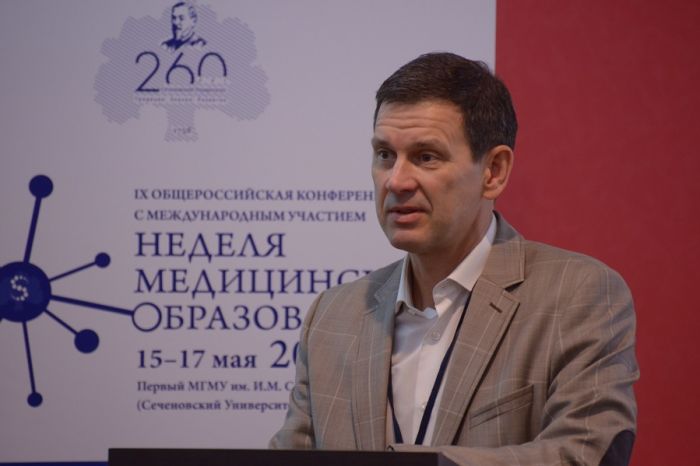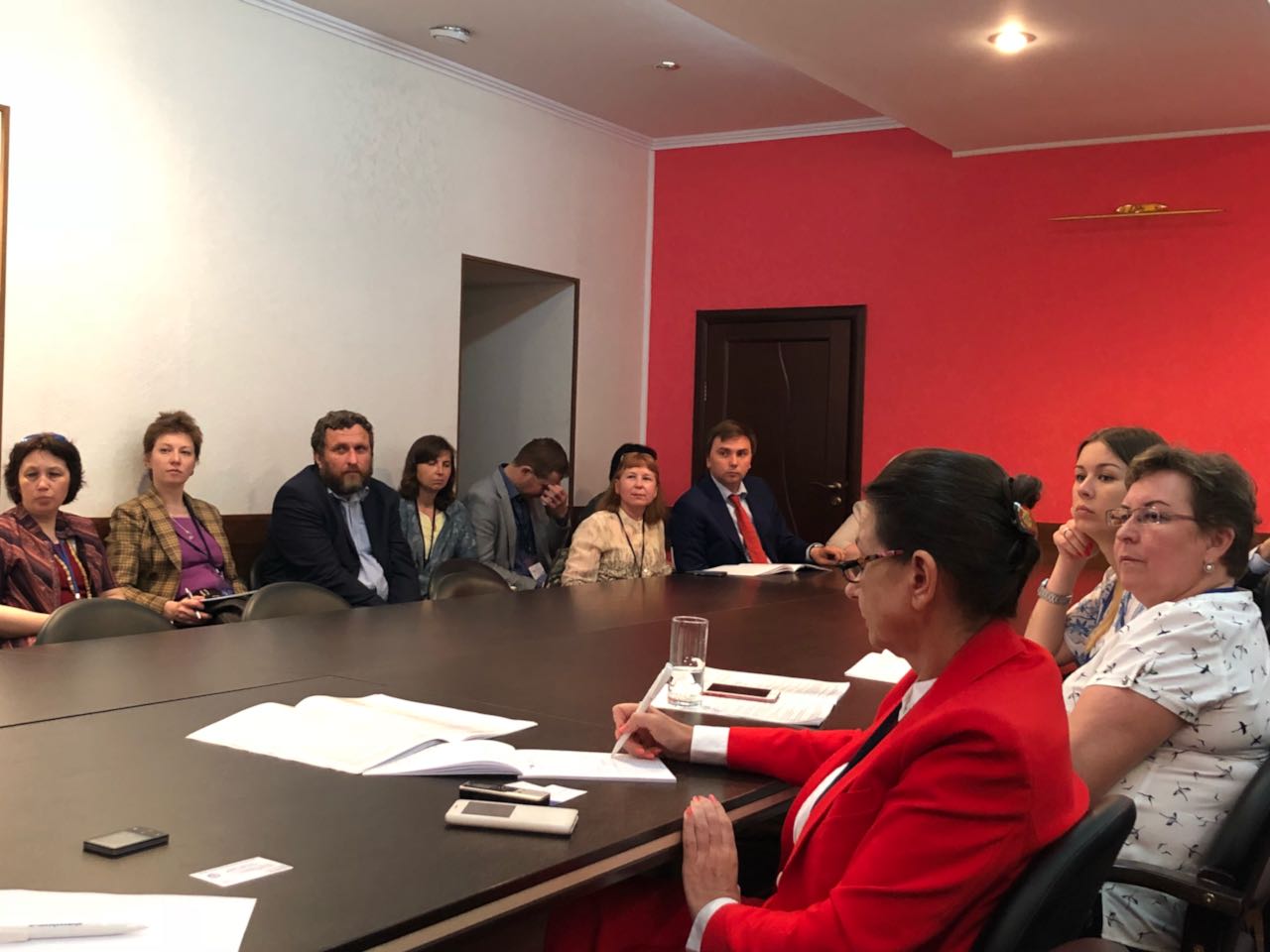Round table on Export Opportunities for Russian Medical Education: current status, problems, prospects


Within the framework of the "Week of Medical Education - 2018", a round table "Export Potential Opportunities for Russian Medical Education: current status, problems, prospects" was held, participants discussed ways and opportunities to increase the competitiveness of Russian medical universities abroad.
Prof. Oleg Glazachev, director of the Center for International Education of Sechenov University was its moderator. He proposed the concept of creating a complete life cycle of foreign students in a medical University. Discussion was focused lack of agreements with some countries on the mutual recognition of educational documents, the imperfection of the legal framework (the validity of the educational visa, the procedure for migration registration), the discrepancy between the duration of education in residency for the requests of individual countries, the transfer to a later date the beginning of the academic year for foreign students of the first year. Prof. Glazachev noted export opportunities of the Russian medical education as one of the most significant in the share of export of educational services is quite high. Almost every fifth foreign student (18%) studies in Russia in the field of "Health and Medical Sciences" - more than 42 thousand people. We need laborious analytical and marketing work to develop new markets.
Ms. Vera Skorobogatova, director of «GlavExpertcentre», made a presentation on "The peculiarities of recognition of medical education". The main idea of her speech is to increase the export of medical education, to improve and develop the legal framework and processes for the recognition of documents on education (international certification and accreditation of Russian education). Mr. Dmitry Emelyanov, Dean for foreign students of the Volgograd State Medical University, presented the results of the study on various Russian language teaching programs ("The Russian Language as the basis for mastering medical knowledge by foreign students").
Prof. Julia Fedorova, director of the Center for Master Programs of Sechenov University, spoke about the experience of organizing and implementing joint educational programs with foreign partners from Bulgaria, Italy, Ireland, and China.
Mr. Dmitry Morozov, head of the department for work with the branches of Sechenov University, described the specifics of the work of foreign branches of Russian universities on the example of the Baku branch of Sechenov University.
Ms. Nadezhda Bylova, Dean of the International Faculty of Pirogov Russian National Research Medical University outlined the complexities and advantages of developing and implementing double diploma programs based on the example of her university and the University of Milan. She described how the curriculum is being coordinated, the attendance of classes and the assimilation of knowledge by students, the quality of teaching are controlled (also by students). For the programs of foreign students (with training in a foreign language), participants offered to exchange educational and methodological materials and teaching aids published in the medical universities for foreign students, to speed up the correction of legal documentation regulating the stay of foreign students in Russia. In addition, it was proposed to prepare an appeal to the Ministry of Health of the Russian Federation with a request for an early explanation of the rules for admission of foreign citizens (Residency Programs) in 2018.
